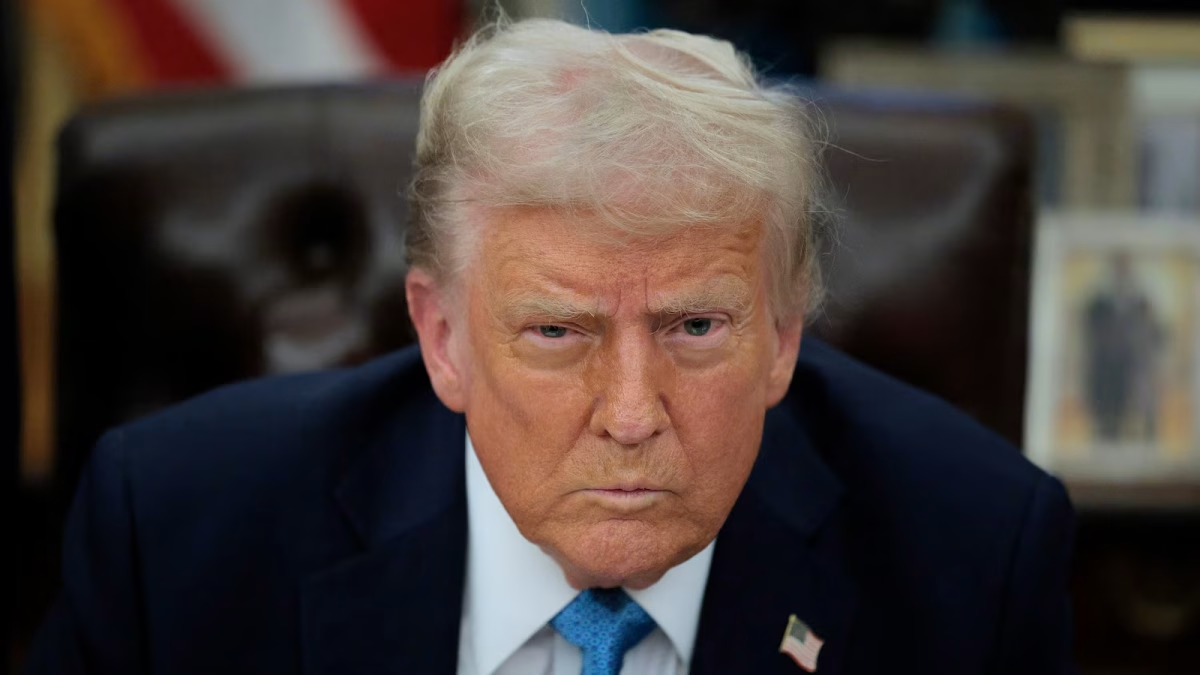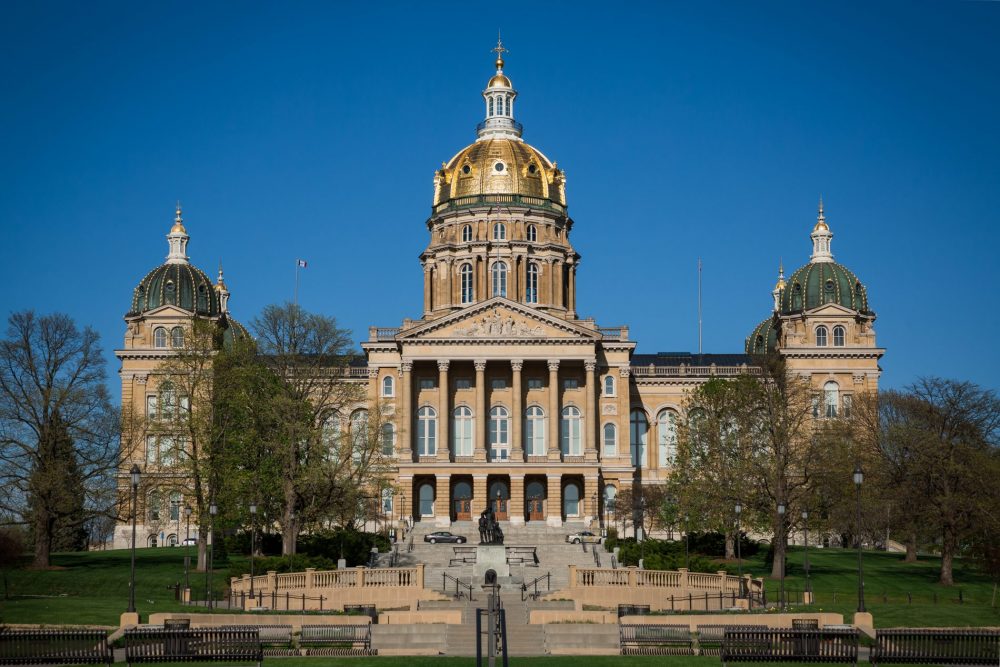Last week, the headlines across Iowa read the Iowa Board of Regents had, for a third time, approved a tuition freeze. For the first time ever Iowa students will graduate with the same sticker price they paid their freshman year. Or so it seems. In reality despite this three-year freeze, all students have regardless paid more for their education every year.
While the Board of Regents would like you to think the freeze is for the benefit of students and Iowa families, it actually leaves Iowa’s regent universities and students out in the cold. The whole spectacle of the tuition freeze is a dramatic display of politicking in Iowa that serves to make the Board and the Statehouse look good while hiding the true damage the freeze does to Iowa’s universities and students.
What is going on behind the scenes here is a careful public relations distraction to confuse Iowa students and their families and convince them the Board of Regents, and by extension the State Government, cares about lowering student loan debt. By enacting this freeze, they appear to be working to make college affordable. What gets slid under the rug is that the freeze only applies to undergraduate Iowa residents and that student fees have increased every year, sometimes dramatically, at all three universities.
The Board of Regents, often referred to as the “fourth branch of Iowa government,” doesn’t control how much money the state legislature budgets for the regent universities, so when there is a budget crisis the only tool they have to balance the books is to raise tuition and fees.
For the first years of the freeze, the board recommended the State budget more money for the schools to make up the difference.
However, instead of increases to our base budget, UNI saw a one-time cash allocation while a new funding model slowly begins to roll out. Iowa and ISU weren’t so lucky and are now planning for sizeable cuts to their budget, circa 2012.
The pickle the board found themselves in was that State legislature, locked in a partisan battle about whether the state should increase or decrease overall spending, refused to increase their support for the regent schools in the budget.
The freeze is a result of the staring contest between the political images of the board and the Statehouse. It’s a political win-win for the board and legislature: the board is keeping tuition low (for some), while the state is keeping government spending low! What doesn’t make the headlines is how first: education costs aren’t actually lower; and second: the school’s academics are squeezed by the freeze.
The Higher Education Price Index (HEPI) is a broad measure of how costs for the educational sector go up every year, similar to the consumer price index for your groceries. For the three years of the tuition freeze, HEPI has been at 1.7 percent, 1.6 percent and 2.8 percent.
Every time there is a tuition freeze with no increase in the budget, the departments that rely on tuition suffer a budget cut of the same percentage.
At UNI we are far, far too used to being asked to do more with less and that is exactly what we’ve been doing with the freeze. Freezes limit UNI’s ability to work in pay increases for employees, not to mention recover from recent budget fiascos. At the same time, we’ve had to raise fees on students anyway to make up for budget shortfalls in everything else.
If the Statehouse really cared about reducing the student loan debt for graduates of Iowa schools, they would set aside their partisan differences and prioritize regent schools in the budget.
Blackhawk County has seen Democrats and Republicans advocate for more UNI funding, with little success. Don’t let the freeze distract you from the real cause of UNI’s budget woes: State Legislature.
Students, administrators, faculty and staff at UNI are all hurt by the tuition freeze. In the early 2000’s UNI saw dramatic double-digit tuition increases, and as long as state support doesn’t increase, large tuition increases are likely when the freeze finally ends. All the leaders of the three regent universities need to stand together and hold the State legislature more accountable rather than let the Board of Regents make promises it cannot keep.
In the meantime, we need to be serious in understanding how education is expensive. The price of everything goes up a little every year and we should understand how marginal, small increases every year is more responsible than freezes followed by dramatic increases.
Student loan debt is a looming crisis and students should demand more than lip service from the Board of Regents and Legislature when it comes to making college more affordable. We should at least refrain from public relations games that only serve to make those in power look good and be honest about the real costs of higher education.







